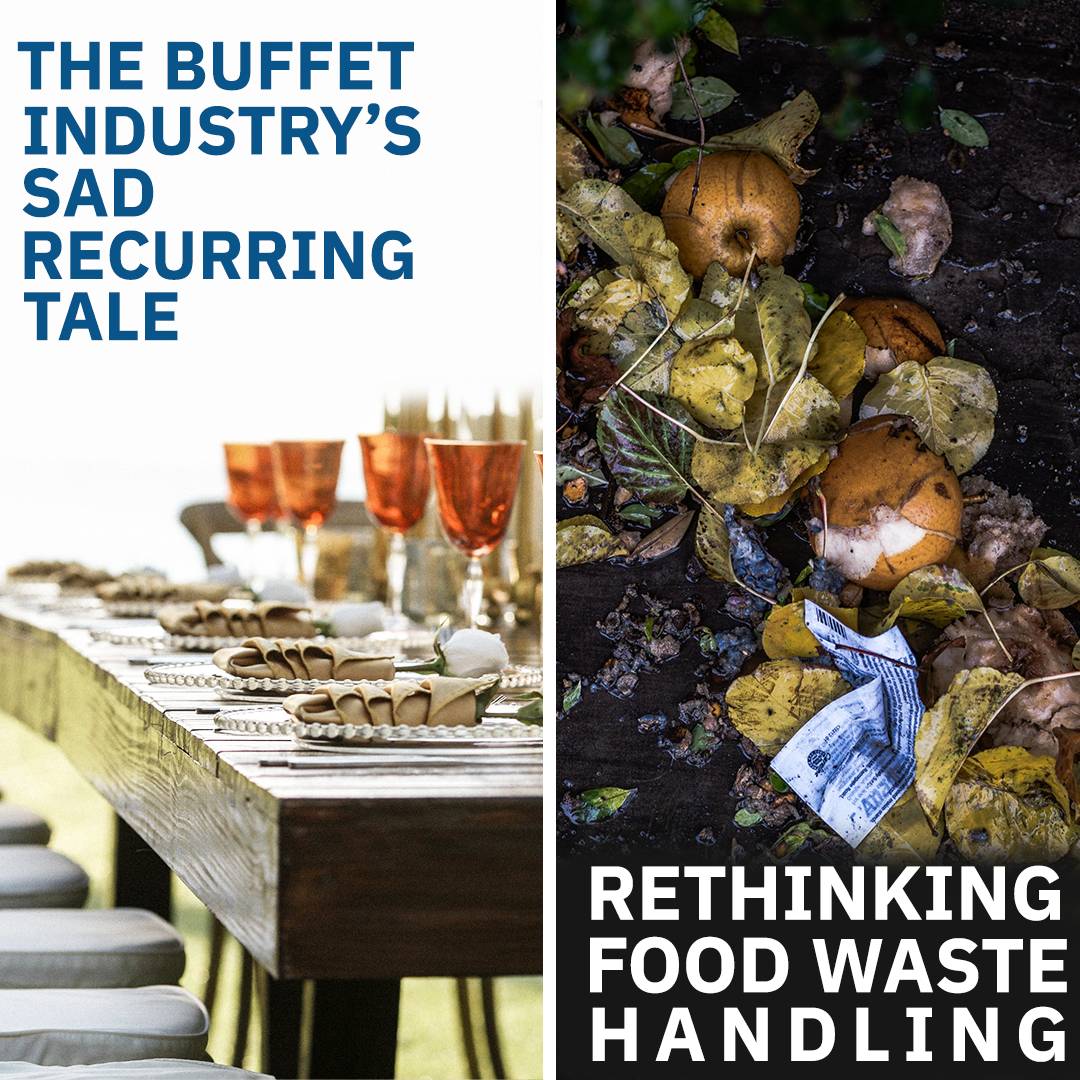

The Buffet Industry’s Sad Recurring Tale: Rethinking Food Waste Handling
Any seasoned traveler would get excited at the news of a buffet at a hotel they’re staying at—to say that the colorful smorgasbord of fruits and waft of eggs and bacon is a necessary part of a hotel stay is an understatement. But it’s tragic to say that buffet restaurants, as delicious and tempting as they sound, contribute to a global issue of rippling environmental effects—food waste.
Any food or beverage business needs to find ways to get a handle on their waste. A typical household throws aways thousands of pesos in food each year.
Now imagine what that translates to for buffets which deal with food on a larger scale—with almost half the food served is normally thrown in the bin. We know that food waste fills up landfills and rots, but did you know that from a business perspective, not considering wastage prevents you from being profitable?
Proper Measuring
Accurate measurements are the key to producing the same quality products day after day. Customers expect to eat pasta or mashed potato that tastes the same way it did the last time they were in the restaurant. Without a standardized measuring system, that won’t happen.
Look to your suppliers to find devices or tools that improve the business’s measuring practices like scales for dry goods and cups and measuring spoons for liquid ingredients. Your brand is built around the consistency customers come to expect from a buffet.
Track Leftovers
Teaching your staff how to monitor leftovers is part of communicating well with them. Tracking leftovers is how you know there is too much of one thing, so you can make adjustments either by cutting back or eliminating a product completely.
Monitor Sales
The flip side of that strategy is to monitor your food levels to see what’s hot and what’s not. Accurate sales forecasting allows you to manage your inventory, effectively create a baking schedule, and even adjust your marketing based on customer trends.
Estimate the number of daily guests so your kitchens can forecast production volumes more realistically. Sales patterns tell a story you might otherwise miss.
Give out Smaller Plates and Utensils
Giving your guests smaller plates sends a subtle message to take less food at one go and to return for seconds if desired. Another added benefit of customers not over-serving themselves is that they’re less likely to be sluggish for their next session. Using portion-wise plates not only reduces food waste, but it helps your guests get the most out of your event as well.
Live Stations
Some dishes don’t look too good when left untouched for too long that their quality and appearance starts to deteriorate, guaranteeing them a travel pass straight to the bin. For dishes with more perishable ingredients, prepare or cook them at live stations.
Invest in Technology
Many amazing technologies have emerged and come up with creative ways to solve food wastes: waste monitoring tools, edible food coating, demand prediction, etc. One of them is ORCA, a device that breaks down food waste into biodegradable liquid—reducing food wastes and cuts on food waste disposal costs.
———————————————-
Need to reduce food waste? Look no further than ORCA—an innovative food waste solution built for your bakery or restaurant! Get your ORCA now.
